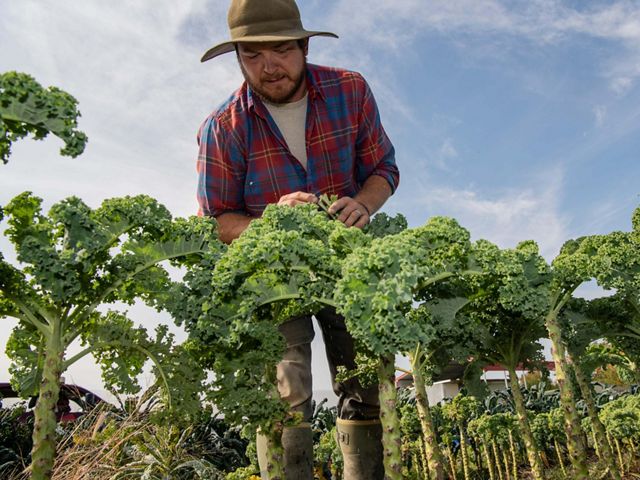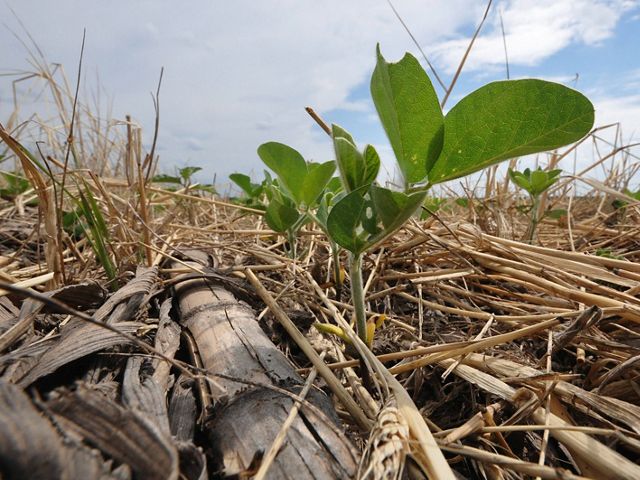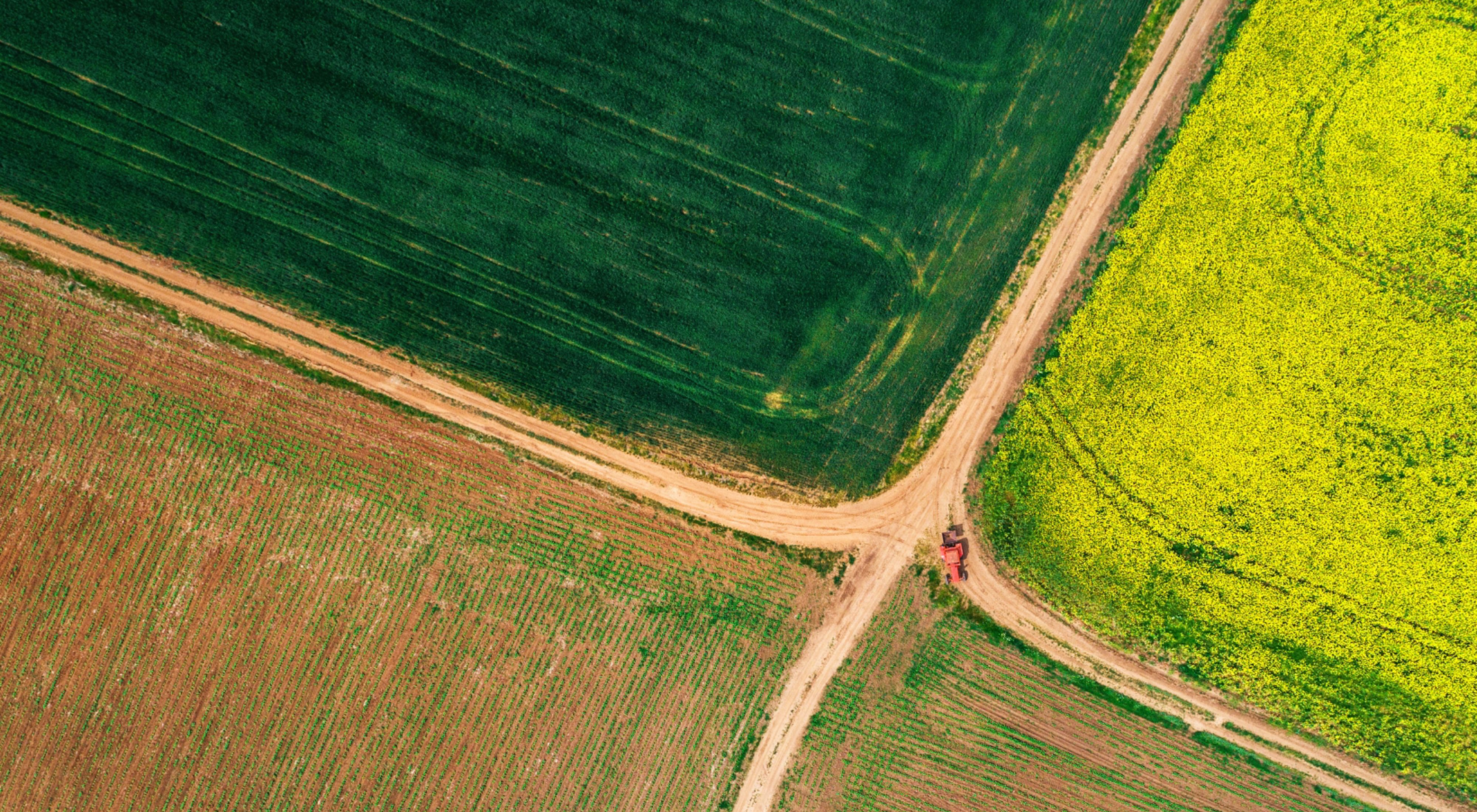[Updated] Budget 2023 Must Provide Critical Investments to Fight Climate Change and Nature Loss, While Bolstering Rural Economies
Media Contacts
-
Jacqueline Nunes
Phone: +1 416 526-7353
Email: jacqueline.nunes@natureunited.ca
Our Response to the 2023 Federal Budget
Budget 2023 sets out important investments in clean technology and climate action that are essential for reaching Canada’s 2030 climate goals and achieving net zero. But it missed an opportunity to support communities on the frontlines of the dual climate and biodiversity crises.
“With just seven years to 2030, it is critical to ramp up support for Indigenous, farming and forestry communities advancing solutions to climate change and biodiversity loss,” says Amanda Reed, Director of Strategic Partnerships at Nature United. “Smart investments in Natural Climate Solutions are a critical complement to Budget 2023’s measures to accelerate the shift to a clean economy.”
Nature United commends the steps taken in this budget to lay the groundwork ahead of launching a comprehensive National Biodiversity Action Plan and Sustainable Agriculture Strategy later this year. These include commitments of $22 million over five years to negotiate and implement rights-based agreements with Indigenous communities related to the environment; $14 million to continue to develop and implement marine spatial plans; and $368.4 million in renewed commitments to the forest sector, including Indigenous leadership.
We look forward to working with the Government of Canada to ensure that the Fall Economic Statement and Budget 2024 includes measures for transitioning to a clean economy that is both climate-smart and nature-positive.
Our Recommendations
Nature United urges the Government of Canada to ensure that Budget 2023 advances solutions to the dual climate and biodiversity crises that also support rural and remote economies.
“Solutions that benefit nature can also benefit people, and Budget 2023 offers an opportunity for the Government of Canada to accelerate progress towards climate and nature targets while creating new economic opportunities,” says Amanda Reed, Director of Strategic Partnerships at Nature United.
“Farmers and ranchers have been leading sustainability efforts for generations. Their ability to drive solutions today is more important than ever,” adds Reed. “They need support to scale these solutions and secure Canada’s competitiveness amid an accelerating shift towards a climate-smart and nature-positive global economy.”

Responding to the U.S. Inflation Reduction Act (IRA) is expected to be a key theme of the budget to be tabled by the Minister of Finance on March 28. Announced in 2022, the IRA commits nearly USD $40 billion for agriculture, forestry and rural development. This includes USD $19.5 billion for climate-smart agricultural practices.
“As entrepreneurs responsible for the food we eat and the ecosystems and economies that all Canadians depend on, farmers rely on quality data and independent advice to make choices for their businesses, and for the planet,” adds Reed, who also serves on the Government of Canada’s Sustainable Agriculture Strategy Advisory Committee (SAS-AC).
Nature United recommends a budget commitment of $600 million over five years, followed by an ongoing $120 million per year, towards data and research, extension services, and innovative financial and risk management mechanisms. These measures will support farmers in adopting practices that promote business productivity and resilience and are good for soil health, water, biodiversity and the climate. Through this commitment, Budget 2023 can lay essential groundwork ahead of the Sustainable Agriculture Strategy to be released by the Government later this year.
Quote: Amanda Reed
Budget 2023 offers an opportunity for the Government of Canada to accelerate progress towards climate and nature targets while creating new economic opportunities.
Currently responsible for 10% of Canada’s total greenhouse gas emissions, agricultural lands have the capacity to capture and store vast amounts of carbon. Practices such as nutrient management, diversified crop rotations and agroforestry have the potential to mitigate or sequester 37.4 Mt CO2e/yr, which is equal to taking more than eight million cars off the road. This represents the biggest sector opportunity for managing nature in Canada to reduce emissions by 2030.
Agricultural Natural Climate Solutions also improve soil health and productivity, air and water quality, and biodiversity. They are a key pathway for meeting targets under the new Kunming-Montreal Global Biodiversity Framework adopted at the UN Biodiversity Conference CBD-COP15 in December, which the Government of Canada has committed to.

“The Government of Canada is a global leader in demonstrating that efforts to combat biodiversity loss and the climate crisis can go hand-in-hand,” says Shaughn McArthur, Associate Director of Government Relations at Nature United. “With just seven years to avoid irreversible planetary tipping points, amid global economic headwinds, the government now must demonstrate how its efforts will support the vitality of Indigenous, farming and forestry communities on the frontlines of the climate and nature crises.
In addition to investments in sustainable agriculture, Nature United recommends that Budget 2023 also include:
- Long-term investments in Indigenous-led conservation, which are integral for driving progress towards protecting 30% of lands and waters in Canada by 2030,
- Shifting public spending toward nature-positive solutions, including by adding a nature-lens to existing climate-lens budget and decision-making mechanisms.
To learn more, read Nature United’s Building a Nature- and Climate-Positive Economy: Recommendations for Budget 2023.
Nature United was founded as a Canadian charity in 2014, building on decades of conservation in Canada. Headquartered in Toronto, our organization has field staff located across the country. Nature United supports Indigenous leadership, sustainable economic development and science and large-scale conservation, primarily in British Columbia, the Northwest Territories and Manitoba. Our organization is also working to accelerate Natural Climate Solutions at national and regional scales. To learn more, visit natureunited.ca or follow us on Linkedin, Instagram and Facebook.
We are the Canadian affiliate of The Nature Conservancy, a global conservation organization with more than a million members and a diverse team that includes more than 400 scientists. Our global organization works in more than 80 countries and territories — either directly or through partnerships — to conserve the lands and waters on which all life depends. To learn more, visit www.nature.org or follow @nature_press.
